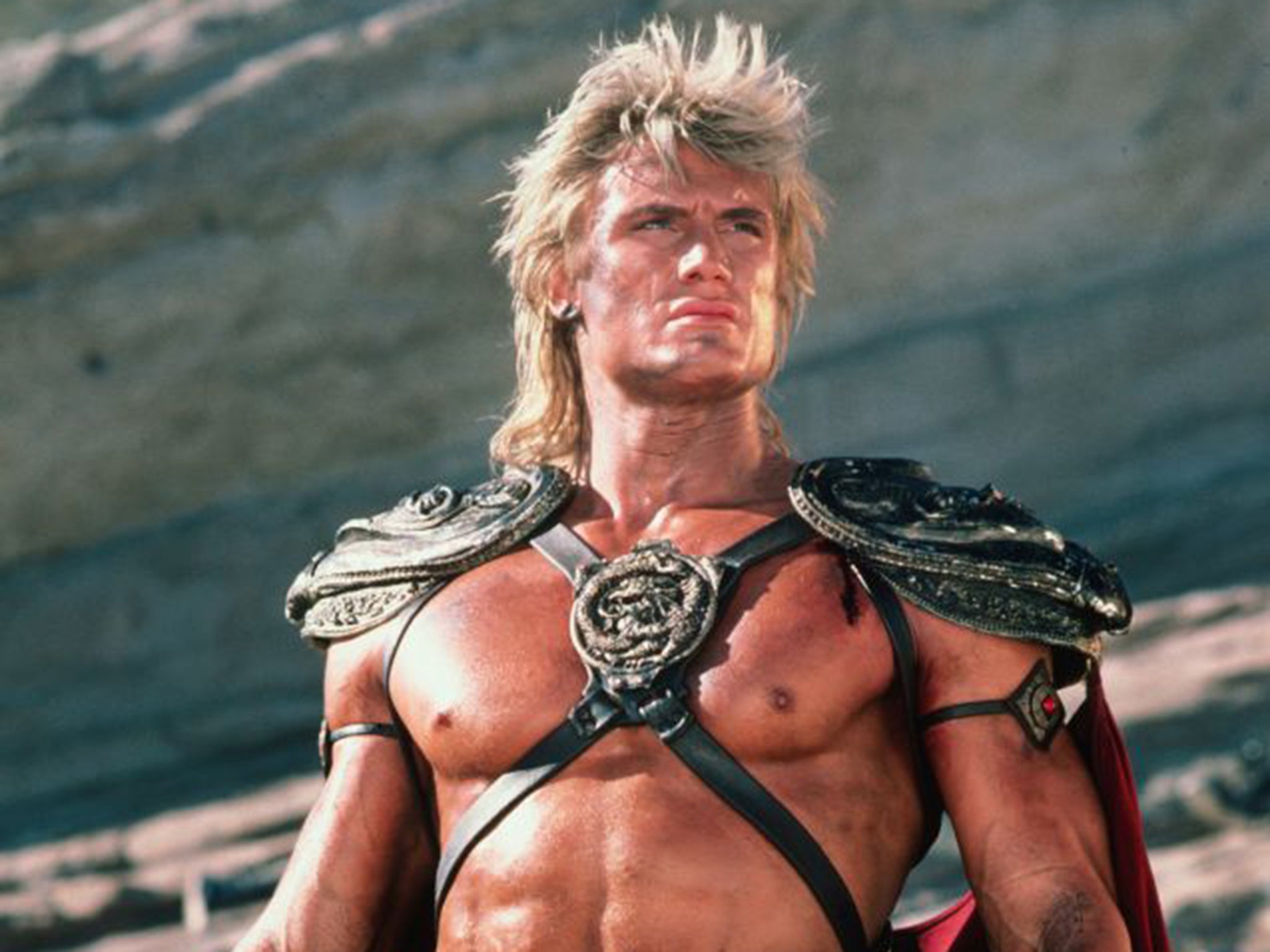Electric Boogaloo: The Wild, Untold Story Of Cannon Films, film review
Mark Hartley, 106 mins

This is one of two recent documentaries made about the Israeli cousins and mountebanks Golan and Globus who, for a brief period, were the most powerful producers in Hollywood – but also the ones making the very worst movies.
The film, which is interview-based, is very entertaining but not altogether respectful toward its subjects. It skirts over Cannon’s involvement in British cinema, with only a couple of clips of an irate Alexander Walker (the late Evening Standard film critic) to signal how controversial the Golan and Globus takeover of EMI was once considered. It doesn’t acknowledge, either, the fact that Golan died last summer either.
What it does offer are some wildly colourful, jaw-dropping anecdotes from their friends and collaborators about their working methods. Some executives, for example Frank Yablans at MGM/UA, clearly detested the cousins and despised the movies they made. Other interviewees are more affectionate in their reminiscences, among them Bo Derek, who made Bolero for them; Molly Ringwald, who starred in the Jean-Luc Godard version of King Lear they financed in a bid for respectability; and Barbet Schroeder, who used a Black and Decker drill to persuade Golan to finance his Charles Bukowski adaptation Barfly.
The cousins showed extraordinary chutzpah and they clearly loved movies. They just weren’t very good at making them, although the documentary does point out that if their name wasn’t at the front of Andrei Konchalovsky’s 1985 film Runaway Train, it would long since have been acknowledged as a masterpiece.
Join our commenting forum
Join thought-provoking conversations, follow other Independent readers and see their replies
Comments
Bookmark popover
Removed from bookmarks